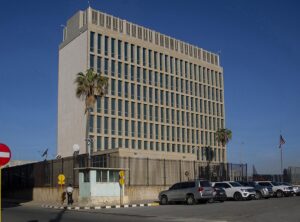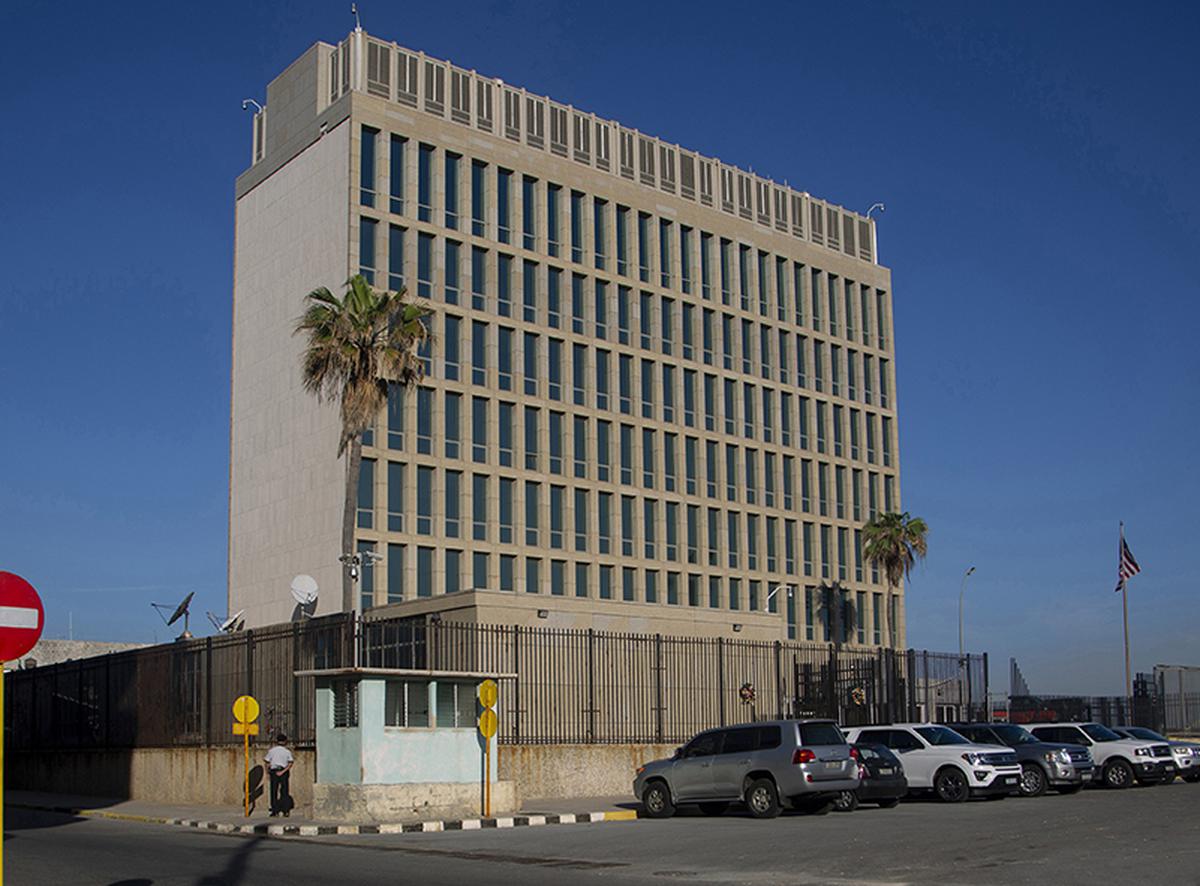Havana Syndrome is a term used to describe a set of medical signs and symptoms reported by United States and Canadian embassy staff first in Havana, Cuba, starting in late 2016, and subsequently in other countries. The syndrome presents with a variety of neurological symptoms ranging from vertigo, dizziness, and tinnitus, to cognitive difficulties and signs consistent with traumatic brain injury.
The initial cases were reported by U.S. embassy staff in Havana who experienced unexplained auditory sensations accompanied by ear pain, hearing loss, dizziness, headache, fatigue, cognitive issues, and difficulty sleeping. Canadian embassy staff also reported similar experiences. The phenomenon soon became known as “Havana Syndrome.”
Investigations into the cause of these symptoms have been extensive and, at times, controversial. Theories have ranged from sonic attacks, psychological factors, and viral infections, to the use of microwave or directed energy weapons. Despite numerous studies, the exact cause of Havana Syndrome remains undetermined.
The U.S. government has taken the situation seriously, with both the FBI and CIA conducting investigations. The U.S. State Department commissioned a report from the National Academies of Sciences, Engineering, and Medicine, which in 2020 found that “directed, pulsed radiofrequency energy” was the most plausible explanation for the symptoms.
However, the report did not conclude that such energy was delivered intentionally as an attack by a foreign power, nor did it rule out other potential environmental or chemical causes. The lack of definitive evidence has led to a range of responses to concern over the possibility of a new form of warfare.
The term “Havana Syndrome” itself is somewhat misleading, as cases have been reported in various countries, including China, Russia, and even within the United States. The symptoms have affected not only diplomats but also military and intelligence officers, suggesting a pattern that goes beyond a localized incident in Cuba.
The U.S. government has provided medical support to those affected and has implemented safety protocols for personnel stationed abroad. In 2021, the Helping American Victims Afflicted by Neurological Attacks (HAVANA) Act was signed into law, providing additional support to those suffering from the syndrome.
As of 2024, the mystery of Havana Syndrome persists. While some cases may be explained by medical conditions or environmental factors, others remain unexplained. The possibility of a foreign adversary using unknown technology to harm U.S. personnel cannot be entirely dismissed, but neither has it been proven.
The situation highlights the challenges of modern diplomacy and international relations, where new technologies can potentially be used in ways that are difficult to detect and attribute. It also underscores the importance of protecting diplomatic and intelligence personnel, who are often on the front lines of national security.
In conclusion, Havana Syndrome represents a complex and evolving issue that intersects with science, medicine, technology, and international politics. The pursuit of a definitive explanation continues, as does the effort to provide care and support to those affected. The resolution of this mystery will likely require a multidisciplinary approach and international cooperation, as well as continued vigilance in the face of potential new threats to global security.


